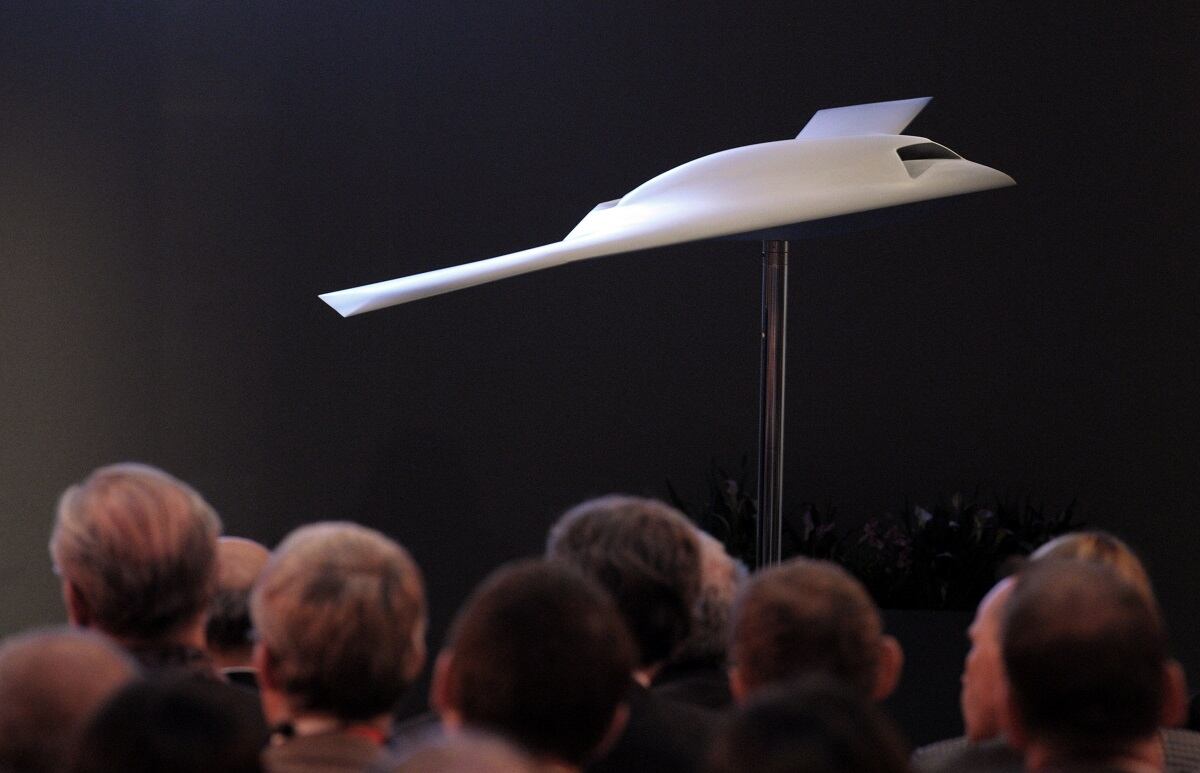COLOGNE, Germany — Franco-German plans for a joint fighter aircraft project may be off to a rocky start, as reports emerged last week about fundamental disagreements between the two partners over export restrictions for such a weapon.
According to a report on the website of the German magazine Der Spiegel, French negotiators made unlimited exportability of the so-called Future Combat Air System a prerequisite for getting started on the project.
The position is at odds with a more restrictive policy by Berlin, where arms deals to sensitive countries traditionally are more heavily scrutinized for the potential of human rights abuses by the recipient government.
The Spiegel based its report on a four-page confidential cable from Germany’s ambassador in Paris, Nikolaus Meyer-Landrut, describing the outcome of a Sept. 21 “crisis meeting” in the French capital.
So deep ran the diverging views at the gathering that Claire Landais, the French secretary-general for defense and national security, threatened to cancel further planning unless Germany would agree to French demands for unconstrained exports of the future combat aircraft, according to the Spiegel.
Airbus CEO Tom Enders, whose company is involved in the planning alongside Dassault Aviation, criticized the reported German insistence on export caveats. “Berlin can’t urge greater European cooperation in its Sunday speeches and then refuse it when concrete projects are taking shape,” he told the magazine.
RELATED

The idea behind the Future Combat Air System program is to create a sixth-generation aircraft that would eventually help wean European air forces from American-made hardware. A development contract is eyed for the mid-2020s following years of concept studies.
The future weapon is envisioned as a collection of aerial capabilities built around a new fighter aircraft. Supporting systems are eyed to include unmanned aircraft of various types plus a data link architecture connecting all elements.
German arms exports outside NATO and European Union countries have come under renewed fire since Saudi journalist Jamal Khashoggi was murdered by regime agents in the Saudi Arabian consulate in Istanbul on Oct. 2. The Saudi government initially denied knowing about the crime but was forced to acknowledge Khashoggi’s death following weeks of international pressure.
The reported Franco-German disagreement on the exportability of FCAS comes on the heels of an interview by Airbus Defence and Space chief Dirk Hoke in the French business journal La Tribune on Oct. 18. Hoke said Airbus would take leadership of the overall system package of FCAS while Dassault would spearhead the fighter aircraft — a position that has the potential to create additional friction in the project.
Sebastian Sprenger is associate editor for Europe at Defense News, reporting on the state of the defense market in the region, and on U.S.-Europe cooperation and multi-national investments in defense and global security. Previously he served as managing editor for Defense News. He is based in Cologne, Germany.








